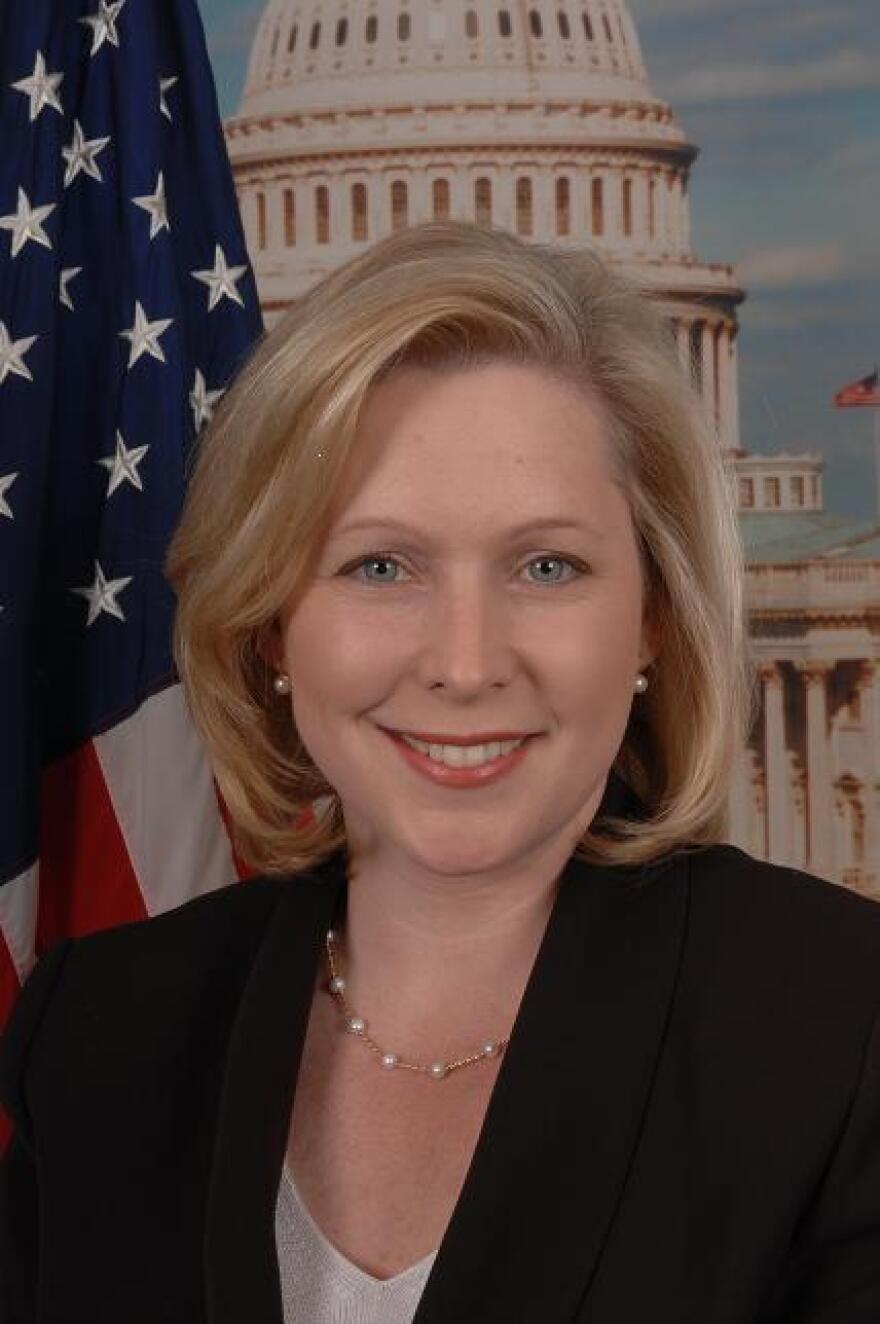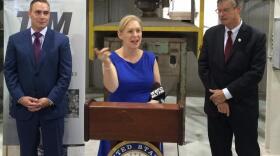Senator Kirsten Gillibrand recently returned from a visit to a handful of nations overseas, where she and seven colleagues discussed topics of interest to U.S. national security.
Among those the delegation met were officials with the International Atomic Energy Agency. Their discussions, Gillibrand explained, were about Iran's nuclear deal and whether enough measures were in place to ensure that nation would not be able to pursue nuclear weapons in violation of the agreement.
"One of the best parts of the agreement is now we will have access through the IAEA to inspect their entire supply chain, which is something we could never have hoped for," Gillibrand said. "We will now have intimate knowledge of their mines, their mills, their centrifuge production, gasification production, all aspects that are necessary for nuclear weapons. The IAEA will be on the ground, routinely inspecting."
This meeting took place prior to the recent capture of Americans by Iran, who were later freed in a prisoner exchange.
Elsewhere along the tour, Gillibrand and her colleagues met with Israeli prime minister Benjamin Netanyahu and Israeli president Reuven Rivlin. Gillibrand says among the topics discussed in their meeting about terrorism was Rivlin's desire to update an existing memorandum of understanding between the two nations.
"I really came away from that meeting with a true belief of the unbreakable bond between the United States and Israel, our absolute shared values of democracy, our shared dedication to fighting terrorism and keeping communities safe," Gillibrand said. "I was extremely pleased with the meeting. I thought it was very constructive. I thought it was very thorough. It was very frank."
Gillibrand and her peers also met with leaders in Saudi Arabia and Turkey. During the latter stop, the delegation discussed efforts to combat the self-proclaimed Islamic State and get an update on the Syrian refugee crisis.






